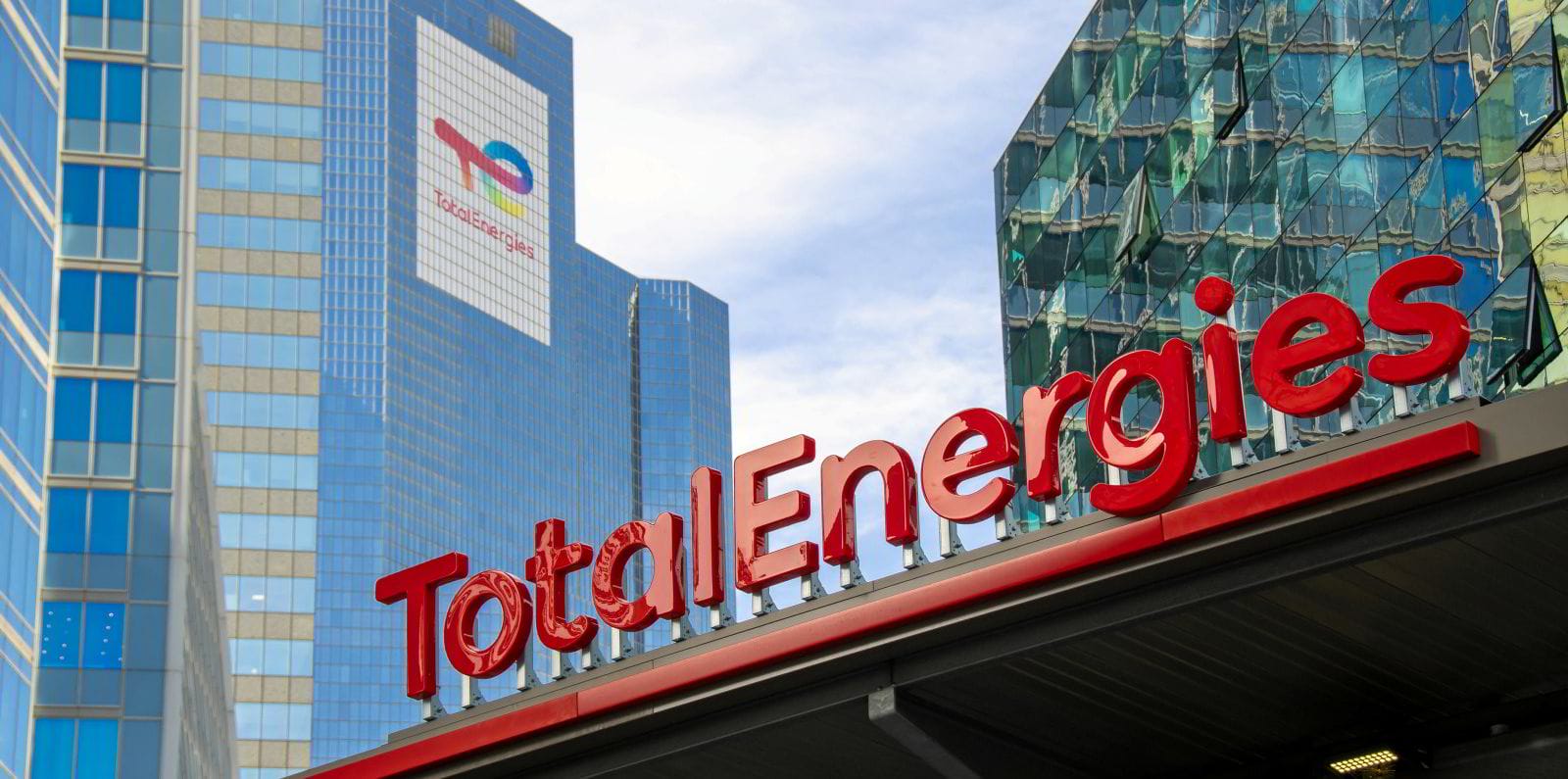In a significant move highlighting the growing scrutiny of fossil fuel investments in Africa, Germany’s Union Investment has reduced its exposure to TotalEnergies and removed the energy giant from its sustainability-focused funds.
This decision comes in the wake of fresh allegations of human rights violations connected to the East African Crude Oil Pipeline (EACOP) project, in which TotalEnergies holds a majority stake.
Union Investment, one of Europe’s leading asset managers, had held approximately €50 million of TotalEnergies shares in its sustainable investment portfolios. It still maintains around €900 million in other conventional portfolios.
However, citing serious concerns over recent reports of abuse linked to the Kingfisher oil site in Uganda, one of the central operations feeding into the EACOP project Union has officially called for an independent human rights audit and enhanced transparency from TotalEnergies.
The accusations originate from a two-year investigation by Just Finance International (JFI), a non-governmental organization, which claims that communities in the vicinity of the Kingfisher site have been subjected to forced evictions, gender-based violence, and extortion by Ugandan security forces.
While the report does not directly implicate TotalEnergies in orchestrating these alleged abuses, it does accuse the oil major of enabling a broader environment of impunity around the project.
TotalEnergies has firmly denied the allegations and insists that they are not related to its operational activities. Nonetheless, the timing of the revelations just days before the company’s annual shareholder meeting has raised concerns among institutional investors about the reputational and ethical risks involved.
“We expect companies in our sustainable investment funds to uphold the highest environmental, social, and governance (ESG) standards,” said a spokesperson for Union Investment. “The serious allegations emerging from Uganda demand an independent assessment, and until such a review is undertaken, we cannot justify TotalEnergies’ presence in our sustainability funds.”
The EACOP project, a $15 billion infrastructure endeavor, aims to transport crude oil from Uganda’s Tilenga and Kingfisher fields across nearly 1,445 kilometers to the port of Tanga in Tanzania.
It has been met with fierce opposition from environmentalists and human rights advocates who argue that the pipeline threatens sensitive ecosystems, accelerates climate change, and disrupts communities across its route.
Despite the backlash, both the Ugandan and Tanzanian governments remain staunch supporters of the project, touting its potential to create thousands of jobs and significantly boost their national economies. Uganda’s government has repeatedly defended the project’s compliance with local laws and its strategic role in transforming the country into a regional oil exporter.
In response to growing investor concerns, TotalEnergies has promised to publish an internal impact report on the EACOP development in 2025. However, critics argue that only an independent audit can provide the transparency necessary to address the full scope of the issues.
In parallel with its oil operations, TotalEnergies has been investing in Africa’s renewable energy landscape. The company recently acquired a 28.3% stake in Uganda’s Bujagali hydropower plant and is involved in renewable energy projects in Rwanda and Malawi. These moves reflect a broader strategy to balance fossil fuel investments with a more diversified energy portfolio focused on Africa’s green transition.
Yet, as this latest controversy shows, investments in the continent’s energy sector, whether renewable or extractive are increasingly subject to public and institutional scrutiny. The unfolding situation around EACOP underscores a growing demand for responsible business practices and transparent governance in Africa’s resource-rich markets.
Union Investment’s divestment sends a strong signal to the global financial community: ESG considerations are no longer optional in large-scale infrastructure and energy ventures. As the energy sector faces mounting pressure to align with sustainability goals, TotalEnergies’ next steps will be closely watched by stakeholders, investors, and human rights observers around the world.

